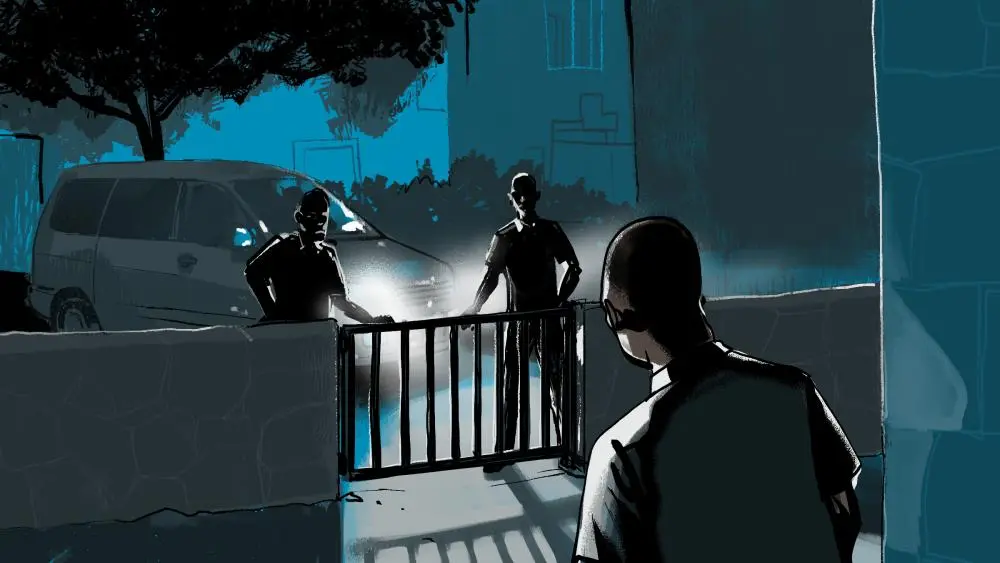The Rwandan government engages in transnational repression by targeting and eliminating political opponents abroad, as well as intimidating their family members who reside in Rwanda. While this practice is primarily carried out in African countries, however, Rwandan secret agents also operate in Western countries.
This is according to a report by human rights organization Human Rights Watch (HRW) that was published earlier this month. The report calls on the UK to scrap plans to send asylum seekers in Britain to Rwanda “in light of the real risks to their security”. The British Supreme Court has begun hearings on this proposal, after the Court of Appeal previously ruled that the scheme is unlawful.
In Africa, Rwanda is the only country that actively pursues a long-arm policy to eliminate dissidents. Eritrea, on the other hand, exercises control over Eritreans living abroad but refrains from resorting to murder. HRW has been speaking to 150 Rwandan exiles and examining numerous cases of kidnappings. The testimonies revealed instances of assassinations and kidnappings allegedly orchestrated by Rwandan embassies, as well as intimidation tactics employed by the Rwandan Community Abroad. This network of Diaspora associations is closely linked to the Ministry of Foreign Affairs and exerts pressure on Rwandan exiles to either return to Rwanda or cease their criticism of the government, as documented by HRW.
Since the Rwandan Patriotic Front, led by Paul Kagame, assumed power following the 1994 genocide, a number of dissidents have been assassinated outside of Rwanda. Among the most well-known cases are the murders of former minister Seth Sendashonga in Kenya in 1998 and former head of external intelligence Patrick Karegeya in South Africa in 2014, as well as two unsuccessful attempts on the life of former army chief of staff Kayumba Nyamwasa in South Africa. The targets of these attacks are often former employees who were close to Kagame or members of the armed opposition living abroad. Journalists and critics also face intimidation, even in Western countries, and their family members in Rwanda are threatened if they do not comply with the intimidation tactics.
Physical attacks

Murders, disappearances, kidnappings, and physical attacks targeting Rwandans residing abroad mainly occur in countries where the Rwandan government maintains an active presence, be it through military deployments, embassies, or economic partnerships. A notable instance is observed in Mozambique, where Rwanda dispatched troops in 2021 to combat a terrorist organization in the Northern Province of Cabo Delgado. Since the arrival of this force, a minimum of three Rwandans have lost their lives or gone missing in Mozambique, while two others have managed to survive abduction attempts since May 2021.
A Rwandan refugee in Mozambique says: “I’m scared all the time. I’m scared when I see a car stop behind me. I’m prepared to be killed at any moment now. I refused to go back to Rwanda, so they will kill me. You can’t go anywhere. It’s not safe here, but it’s not safe anywhere.”
Rwandans in Belgium, France, Great Britain and the United States also said they are afraid to meet each other and travel. The US FBI named Rwanda in 2022 as one of the foreign governments facilitating “transnational repression”.
The pictures are from the rapport by Human Rights Watch, which can be found here:
https://www.hrw.org/report/2023/10/10/join-us-or-die/rwandas-extraterritorial-repression

